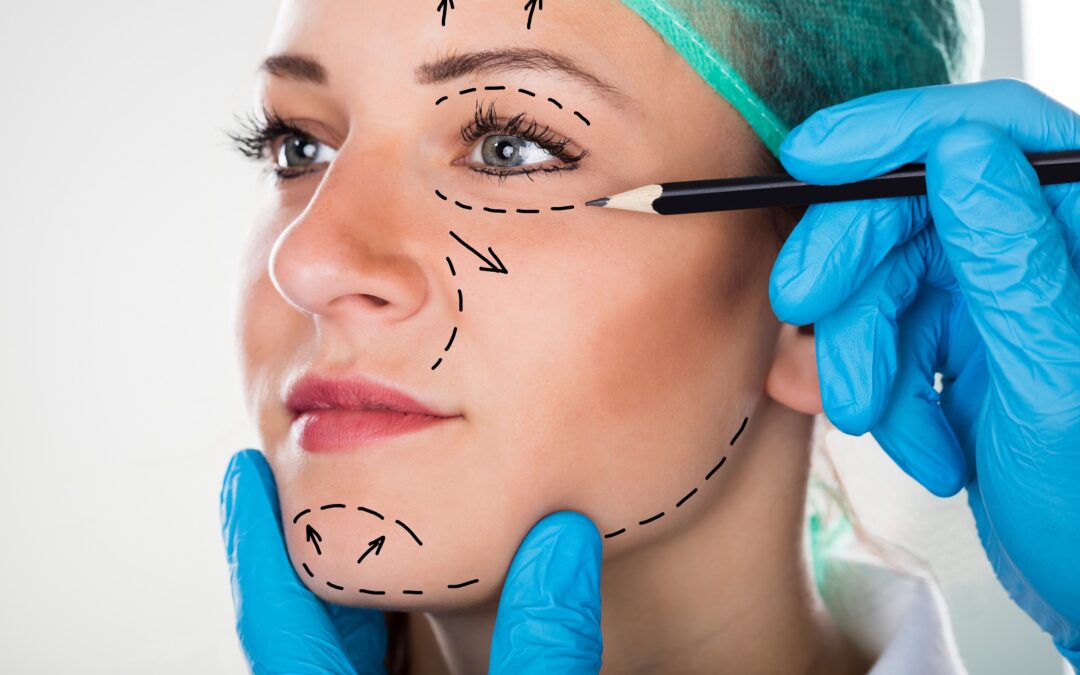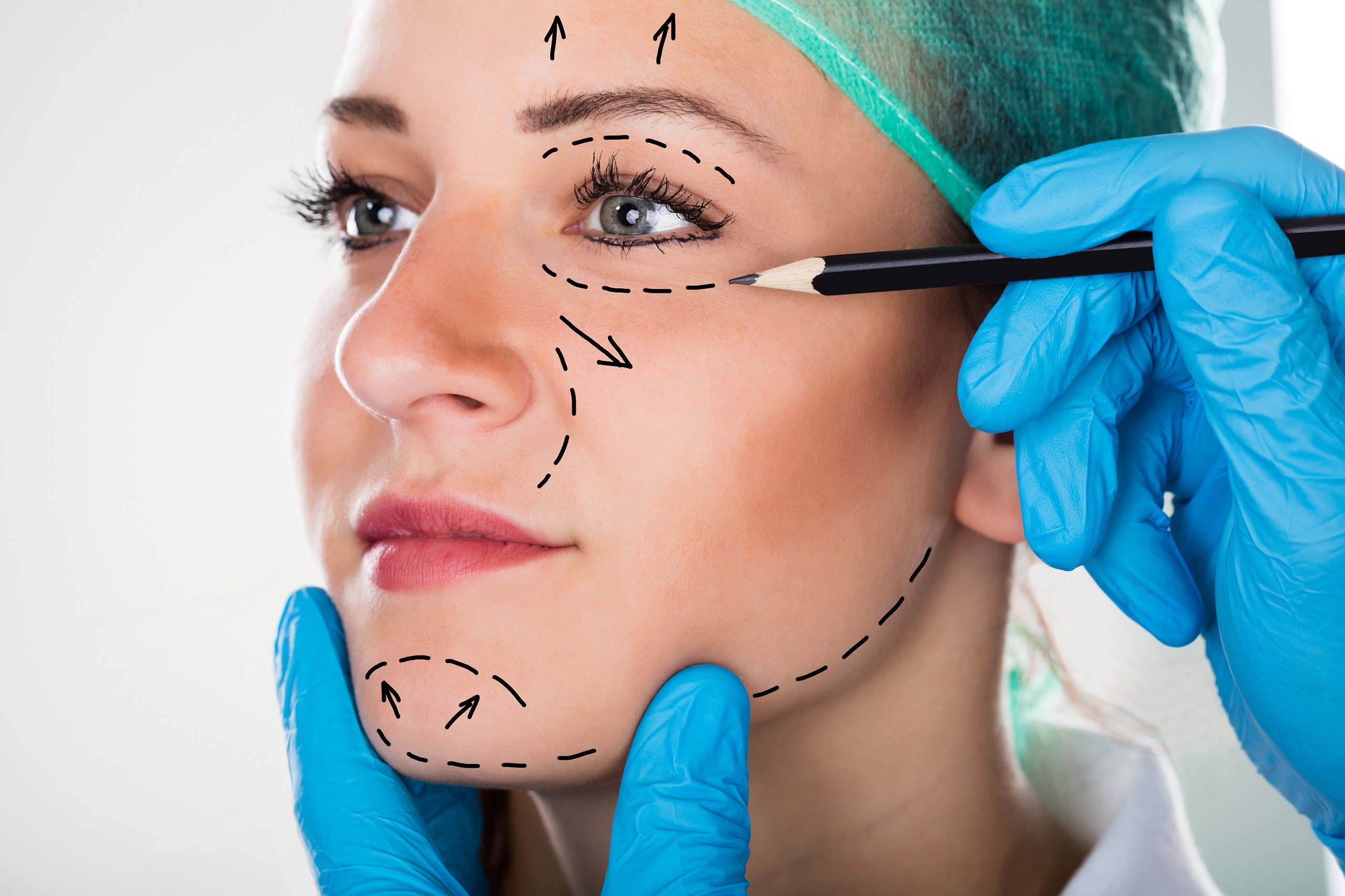
About Cosmetology
About Cosmetology | Surgical and Non-Surgical Cosmetic surgery
 What is Cosmetology?
What is Cosmetology?
Cosmetology is the study and application of various beauty treatments, including facial rejuvenation, Hair transplant, body contouring, breast augmentation, and reduction.
It is a specialized field that requires a keen eye for aesthetics, attention to detail, and a passion for beauty.
Cosmetology is a dynamic and evolving field, with new trends and techniques emerging constantly, and those in the profession must be willing to adapt and continue their education to stay current with the latest advancements in the industry.
Cosmetic surgery can be broadly divided into two categories – surgical and non-surgical.
Cosmetic surgery has become increasingly popular in recent years, with more and more people turning to both surgical and non-surgical procedures to improve their appearance.
Surgical Cosmetic Surgery :
Surgical cosmetic surgery involves invasive procedures that require incisions and anesthesia. These procedures are typically performed in a hospital or surgical center by a trained and licensed surgeon.
Examples of surgical cosmetic procedures include :
Facelift : A facelift, also known as a rhytidectomy, is a procedure that tightens and lifts the skin on the face to reduce the appearance of wrinkles and sagging skin.
Rhinoplasty : A rhinoplasty, also known as a nose job, is a procedure that reshapes the nose to improve its appearance or function.
Breast augmentation : Breast augmentation is a procedure that involves the insertion of implants to increase the size and improve the shape of the breasts.
Liposuction : Liposuction is a procedure that removes excess fat from specific areas of the body to improve body contouring.
Non-Surgical Cosmetic Surgery : Non-surgical cosmetic surgery involves non-invasive procedures that do not require incisions or anesthesia. These procedures are typically performed in a medical spa or cosmetic clinic by a trained and licensed professional.
Examples of non-surgical cosmetic procedures include :
Botox : Botox is a popular non-surgical cosmetic procedure that involves the injection of botulinum toxin to reduce the appearance of wrinkles and fine lines.
Dermal fillers : Dermal fillers are injections that add volume to areas of the face that have lost fullness, such as the cheeks or lips.
Chemical peels : Chemical peels are treatments that remove the outer layer of skin to reveal smoother, brighter, and more youthful-looking skin.
Laser hair removal : Laser hair removal is a procedure that uses a laser to remove unwanted hair from various areas of the body.
Both surgical and non-surgical cosmetic surgery procedures have their benefits and drawbacks.
While surgical procedures tend to provide more dramatic and long-lasting results, they also require a longer recovery time and carry higher risks.
Non-surgical procedures, on the other hand, are generally safer and have a shorter recovery time, but may require more frequent treatments to maintain results.
Cosmetic surgery can be a great way to boost your confidence and improve your appearance, but it is important to approach it with caution and make an informed decision.
Axon Speciality Hospital is best cosmetology clinic in Bangalore focuses on enhancing a person’s appearance through surgical and non-surgical procedures. These procedures can be done on various parts of the body, including the face, breasts, and body.
In conclusion, whether you choose surgical or non-surgical cosmetic surgery, it is important to do your research, find a reputable provider, and have realistic expectations about the results.

